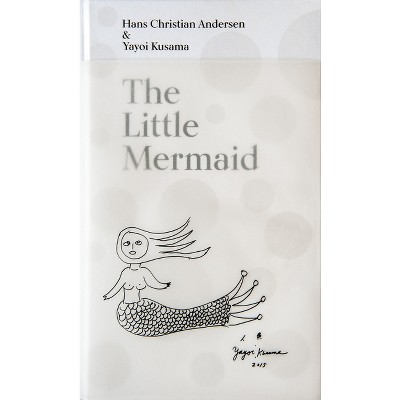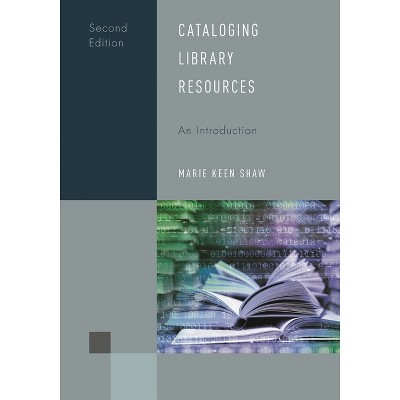The Migration Mobile - (Challenging Migration Studies) by Vasilis Galis & Martin Bak Jørgensen & Marie Sandberg (Paperback)

About this item
Highlights
- This open access book offers an account of the very different technologies implicated in border crossing and migration management.
- About the Author: Vasilis Galis is an associate professor in the Technologies in Practice Group at the IT University of Copenhagen, Denmark.
- 272 Pages
- Political Science, Public Policy
- Series Name: Challenging Migration Studies
Description
About the Book
The Migration Mobile explores how governments use technology to control borders, and how migrants use technology to circumvent, challenge, and reconfigure that same border apparatus. The book investigates these issues through empirical examples drawn from across Europe, including cases from Greece, the Austrian-Italian border, and Northern Europe.
Book Synopsis
This open access book offers an account of the very different technologies implicated in border crossing and migration management. Borders have been sites of contestations and struggles over who belongs and who does not, who is and is not allowed to move freely in transnational or national spaces. Embedded as they are in the bordering process, policing and security practices produce the irregularity and illegitimacy of the migrating subject. At the same time, border practices simultaneously imply processes of dissidence and resistance. Border infrastructures and resistance to bordering practices refer to dynamic and complex interactions between migrants and non-human others, technologies at the borderland and elsewhere. Border guards, EU officials, Frontex officers, activists, NGOs and solidarity networks configure both hybrid alliances of humans/nonhumans and new virtual and urban spaces in order to enforce or resist bordering.
Through analyses of empirical cases drawing from the European border regimes the book investigates how technologies employed by states and EU border agencies configure the border regimes; how spaces of migration are configured through uses and re-uses of high-tech technologies; and finally on how the border regimes and 'the border industrial complex' are contested reconfigured by the use of ICT by migrants and solidarity networks.
Review Quotes
"This important book brings together exciting and original new work on the relationship between migration, borders, and technology. Through a series of fascinating studies, the contributors chart the role of technology in constituting migration and migrants - through both practices of control and enabling forms of resistance and subversion." --Christina Boswell, University of Edinburgh
"The Migration Mobile provides a unique overview of how deeply the key concepts on which societies are built such as population, identity, trust, infrastructures, dissidence, and resistance are intertwined with migration and mobility. A must read for anyone interested in social transformation, mobility, and the sociotechnical infrastructure of living together - and the resulting tensions." --Huub Dijstelbloem, University of Amsterdam "The Migration Mobile challenges policy frameworks to examine the network of diverse actors co-constituting the changing meanings of migration, detention, deportation, and destitution. A must-read for students, academics, and all those who work with or are interested in contemporary migration." --Marie Gillespie, The Open University, UKThe Migration Mobile challenges policy frameworks to examine the network of diverse actors co-constituting the changing meanings of migration, detention, deportation, and destitution. A must-read for students, academics, and all those who work with or are interested in contemporary migration.
The Migration Mobile provides a unique overview of how deeply the key concepts on which societies are built such as population, identity, trust, infrastructures, dissidence, and resistance are intertwined with migration and mobility. A must read for anyone interested in social transformation, mobility, and the sociotechnical infrastructure of living together - and the resulting tensions.
This important book brings together exciting and original new work on the relationship between migration, borders, and technology. Through a series of fascinating studies, the contributors chart the role of technology in constituting migration and migrants ndash; through both practices of control and enabling forms of resistance and subversion.
About the Author
Vasilis Galis is an associate professor in the Technologies in Practice Group at the IT University of Copenhagen, Denmark.
Martin Bak Jørgensen is a professor affiliated with the Democracy, Migration and Society (DEMOS) research group at Aalborg University, Denmark.
Marie Sandberg is an associate professor of ethnology, and director of the Centre for Advanced Migration Studies (AMIS) at the University of Copenhagen, Denmark.











